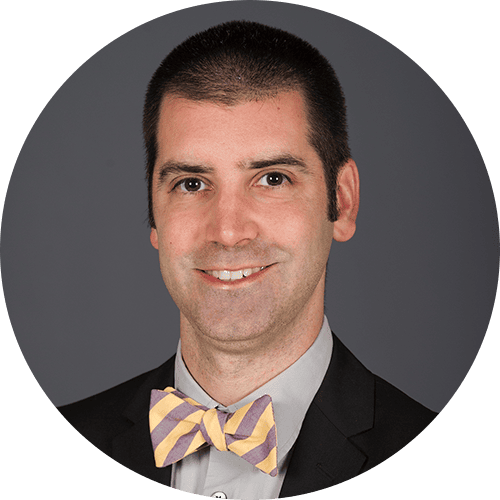Desiree: I think my biggest success story as of late is a whole group of a particular culture group that came up after a healthcare disparity sim and said, “Oh my gosh, thank you for finally having a scenario that relates to me, my culture…I feel like I’m getting educated, my peers are getting educated on situations that happen to me, to my family.” And I think that was huge – because oftentimes if we don’t represent something, people put less meaning on it. By simply discussing issues that are out there – we’re not making them up. The facts and statistics are the facts. But then when you see that someone’s actually teaching to that – someone’s actually trying to change that discrepancy within healthcare outcomes – it’s like that “aha!” moment of, “Wow…I matter.” I think that’s the most important success.
Jackson: Success stories in our simulation focused on DEI really come through conversation and allowing students to have those conversations. The successes that I have seen have been in the conversations that the students are now comfortable having with the simulated patient, even if it’s a manikin. They’re comfortable having sometimes uncomfortable conversations and uncomfortable topics (or what we think are the uncomfortable topics). Just those conversations have been the greatest success thus far for our program.

